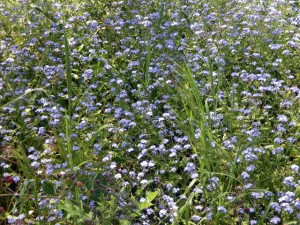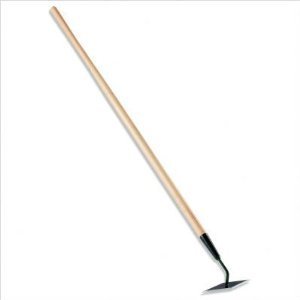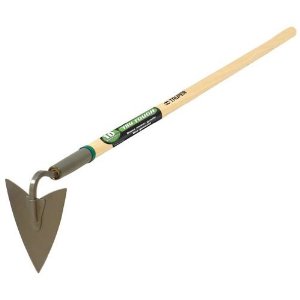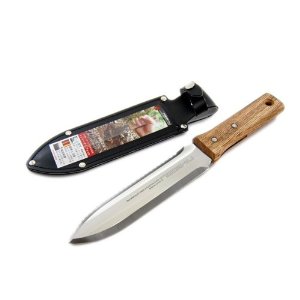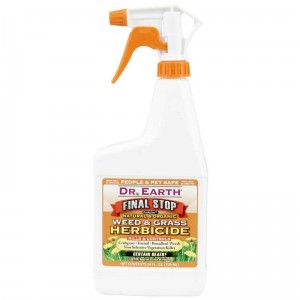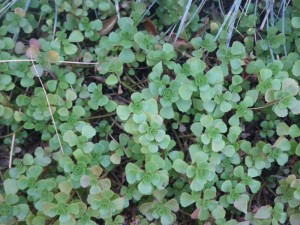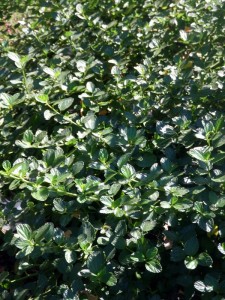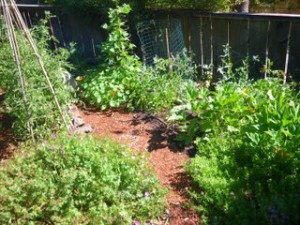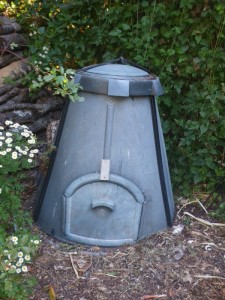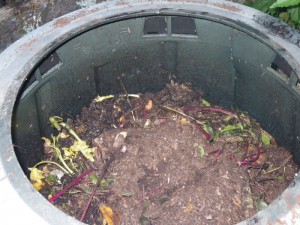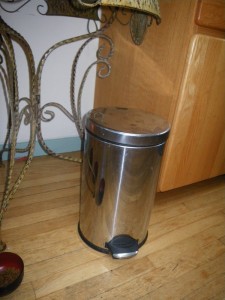by A. Non Y. Mous
A good friend sent this little gem to me. I wanted to share it. Especially now that our governor, Jerry Brown, has declared war on lawns due to the extreme drought in California. I hope you enjoy it as much as I did.
Then if you want to get rid of your lawn, we can talk about replacing it will low water use flowers and shrubs and some delicious edibles. I consult by skype and photos.
Of Lawns and God
GOD: St. Francis, you know all about gardens and nature. What in the world is going on down there in the USA? What happened to the dandelions, violets, thistles and stuff I started eons ago? I had a perfect, no-maintenance garden plan. Those plants grow in any type of soil, withstand drought and multiply with abandon. The nectar from the long lasting blossoms attracts butterflies, honeybees and flocks of songbirds. I expected to see a vast garden of colors by now. But all I see are these green rectangles.
ST. FRANCIS: It’s the tribes that settled there, Lord. The Suburbanites. They started calling your flowers “weeds” and went to great lengths to kill them and replace them with grass.
GOD: Grass? But it’s so boring. It’s not colorful. It doesn’t attract butterflies, birds and bees, only grubs and sod worms. It’s temperamental! Do these Suburbanites really want all that grass growing there?
ST. FRANCIS: Apparently so, Lord. They go to great pains to grow it and keep it green. They begin each spring by fertilizing grass and poisoning any other plant that crops up in the lawn.
GOD: The spring rains and warm weather probably make grass grow really fast. That must make the Suburbanites happy.
ST. FRANCIS: Apparently not, Lord. As soon as it grows a little, they cut it, sometimes twice a week.
GOD: They cut it? Do they then bale it like hay?
ST. FRANCIS: Not exactly Lord. Most of them rake it up and put it in bags.
GOD: They bag it? Why? Is it a cash crop? Do they sell it?
ST. FRANCIS: No, sir — just the opposite. They pay to throw it away!
GOD: Now, let me get this straight. They fertilize grass so it will grow. And when it does grow, they cut it off and pay to throw it away?
ST. FRANCIS: Yes, sir.
GOD: These Suburbanites must be relieved in the summer when we cut back on the rain and turn up the heat. That surely slows the growth and saves them a lot of work.
ST. FRANCIS: You aren’t going to believe this, Lord. When the grass stops growing so fast, they drag out hoses and pay more money to water it so they can continue to mow it and pay to get rid of it.
GOD: What nonsense. At least they kept some of the trees. That was a sheer stroke of genius, if I do say so myself. The trees grow leaves in the spring to provide beauty and shade in the summer. In the autumn they fall to the ground and form a natural blanket to keep moisture in the soil and protect the trees and bushes. Plus, as they rot, the leaves form compost to enhance the soil. It’s a natural circle of life.
ST. FRANCIS: You’d better sit down, Lord. The Suburbanites have drawn a new circle. As soon as the leaves fall, they rake them into great piles and pay to have them hauled away.
GOD: No. What do they do to protect the shrub and tree roots in the winter and to keep the soil moist and loose?
ST. FRANCIS: After throwing away the leaves, they go out and buy something which they call mulch. They haul it home and spread it around in place of the leaves.
GOD: And where do they get this mulch?
ST. FRANCIS: They cut down trees and grind them up to make the mulch.
GOD: Enough! I don’t want to think about this anymore. St. Catherine, you’re in charge of the arts. What movie have you scheduled for us tonight?
ST. CATHERINE: “Dumb and Dumber,” Lord. It’s a real stupid movie about . . .
GOD: Never mind, I think I just heard the whole story from St. Francis. Source: Unknown

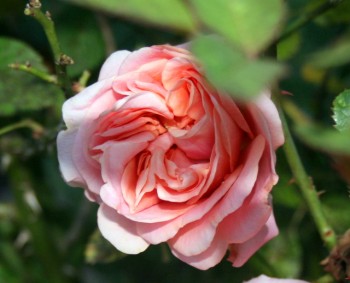

 Follow
Follow

